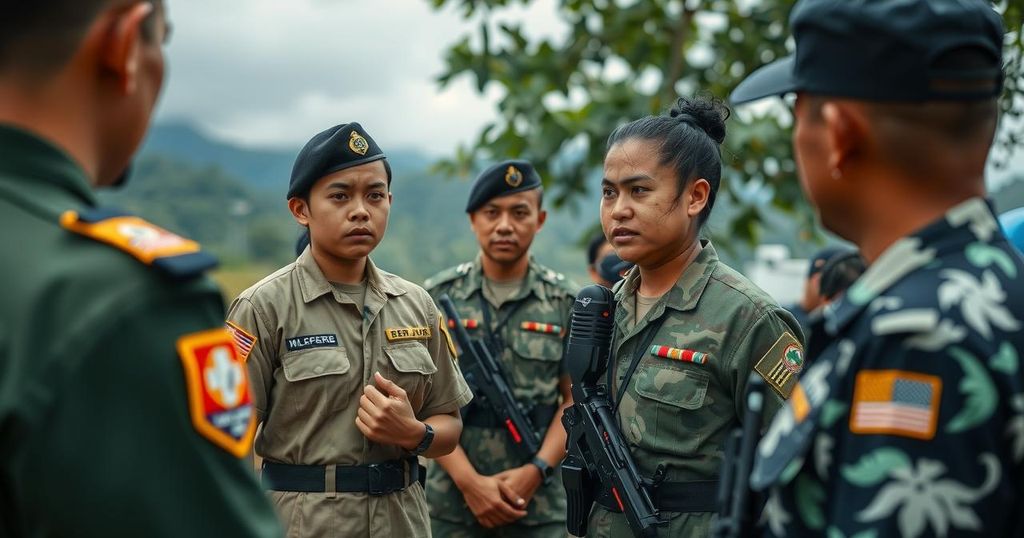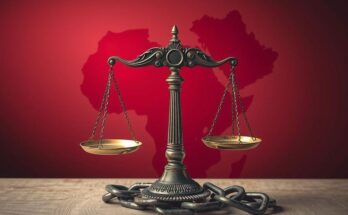Palauan youth, supported by the Ebiil Society, raise alarms over U.S. military activities infringing on human rights and harming the environment. A UN submission highlights cleared land, endangered species, and lack of consent from local communities. Their message underscores the urgent need for awareness and action to protect their culture and land from militarization’s harmful effects.
In a powerful plea, a group of Palauan youth, guided by the Ebiil Society, have brought attention to the chilling repercussions of U.S. military activities in their homeland. Supported by Guam-based Blue Ocean Law, their submission to United Nations human rights experts outlines alarming claims of human rights violations fueled by unchecked militarization. They argue that the military has devastated local ecosystems—trampling sacred lands, destroying crucial resources, and threatening critically endangered species like the Mesekiu, or Palauan dugong, erasing what connects their culture to the land. The students’ year-long project involved painstaking dialogue with affected communities, revealing a disturbing lack of transparency and disregard for the vital rights of indigenous peoples under both international and Palauan law.
Their efforts illuminate an ominous reality: the U.S. military’s expansion has not only displaced nature but also breached essential legal protocols, such as conducting environmental impact assessments and securing informed consent from local communities. As fear mounts that this militarization might thrust Palau into the center of future military conflicts, voices of the youth resonate with urgency and resilience. Their narrative is not merely about conservation; it is a fight for survival, dignity, and the essence of their identity as descendants of fierce women defenders of their land.
The ongoing militarization of Palauan territories by the United States has been a source of growing concern among locals, especially the youth. Palau, an island nation, has a delicate ecosystem and culturally significant species that are now under threat from military projects. Indigenous rights and environmental sustainability have become critical issues, drawing attention from international bodies like the United Nations. The involvement of local grassroots organizations, such as Ebiil Society, emphasizes the crucial link between human rights and environmental stewardship in the face of external militaristic forces.
The voices of Palauan youth reflect a deeper struggle against the encroachment of military interests on their sacred land. They highlight not only the ecological devastation brought forth by U.S. militarization but also the alarming violation of their rights as indigenous people. Their struggle exemplifies a courageous stand against a backdrop of profound threats to both their culture and environment. As they document the impacts of military presence, they ensure their culture’s heritage remains recognized amidst the growing storm of militarization.
Original Source: islandsbusiness.com



